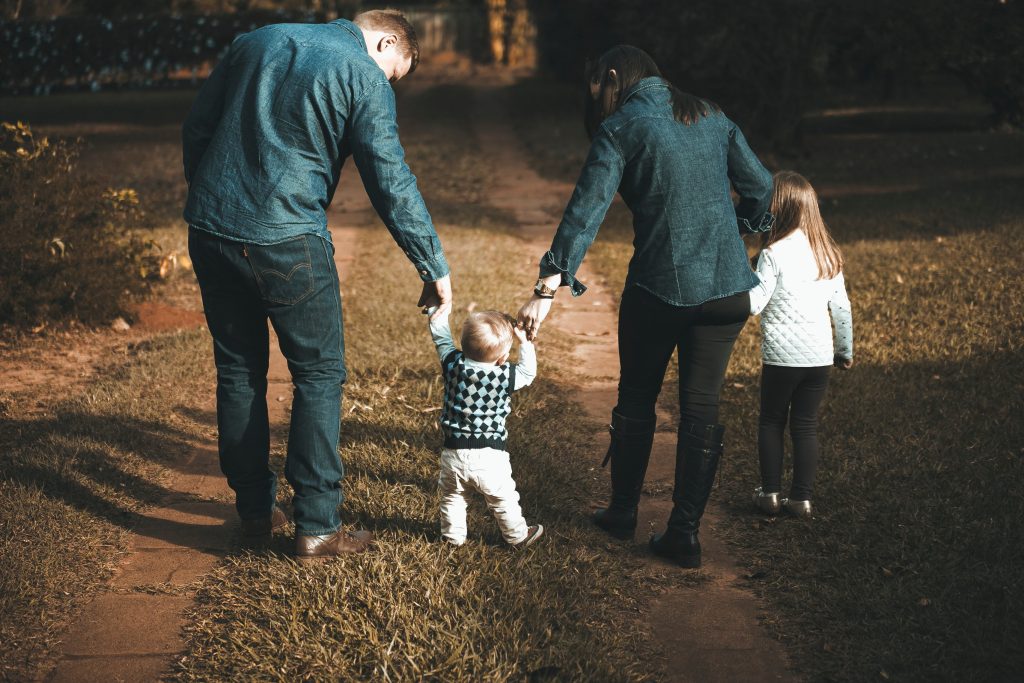Kinship adoption is a type of adoption where a child is adopted by a family member or someone else with a close familial relationship to the child. Some key points about kinship adoption:
• It allows a child who needs adoption to stay within their extended family and maintain existing bonds. Kinship adoption keeps them in a familiar environment.
• Potential kinship adopters include grandparents, aunts/uncles, a godparent or close family friend, a cousin, or other relatives or individuals with a preexisting bond.
• Child welfare agencies typically prefer finding suitable and willing kin as the first choice when an adopted placement is needed.
• While background checks and home studies are still conducted, the screening process may be adapted for kinship families. Standards are often a bit different.
• Legal rights are the same as other biological/adoptive families. The adopting kin become the lawful, permanent parents.
Overall, kinship adoption prioritizes keeping a child needing new guardianship arrangements within their extended family circle whenever possible to maintain familial connections.

Why is kinship adoption important?
Kinship adoption is important because it allows a child to maintain bonds and a sense of family identity by staying within their known family circles or community. Kin already have an established relationship with the child, easing the transition. Statistics also show positive outcomes – kinship placements tend to be more stable with lower disruption rates compared to unrelated adoptions. Overall, kinship adoption promotes child wellbeing by preserving connections.
How would I know if I was adopted through kinship adoption?
There are a few ways you may know or suspect you were part of a kinship adoption:
- Your adoptive parents are close family members you were familiar with before being adopted, such as grandparents, aunt/uncle, godparents, a close family friend, etc.
- You have a memory of living with these family members when you were originally removed from your birth parents’ home.
- Paperwork regarding your adoption refers to your adoptive parents as kin or relatives, or cites their existing relationship.
- Your adoptive family has always been open about your adoption being within the family or circle of acquaintances.
If you have suspicions, it is reasonable to ask questions to understand the nature of your adoption placement better.
Adoption Searches and DiscoverFamily.net
DiscoverFamily.net is an adoption search resource to help adoptees and biological relatives connect and locate each other. Our free services include:
- Adoptee & birth parent searches
- Birth family reunion support
- Guidance accessing adoption records
- Family tree building
I hope this gives you a helpful overview of why kinship adoption matters, how you may know if your adoption was a kinship arrangement, and how DiscoverFamily.net can help.
If you need help locating your birth parents or birth family, please reach out here!
